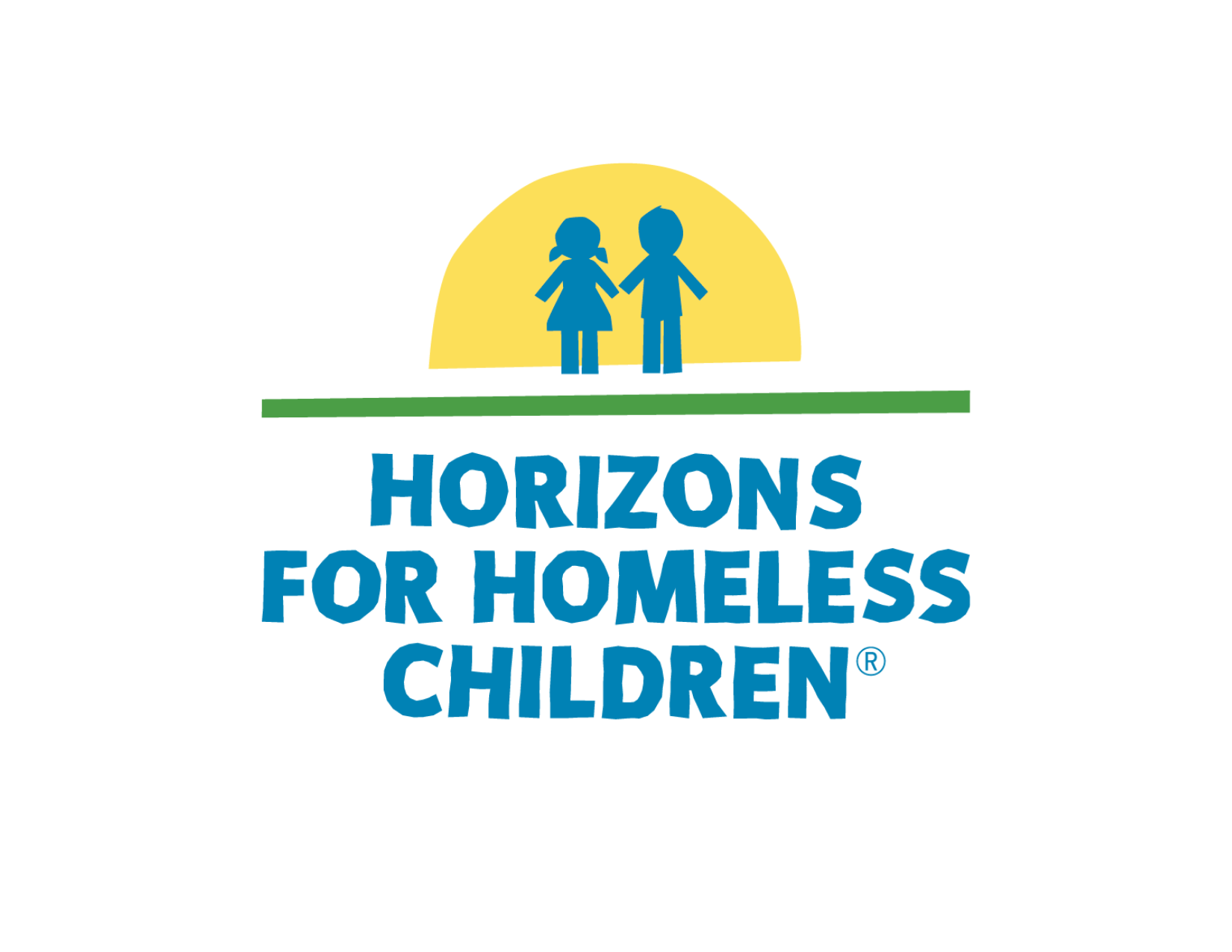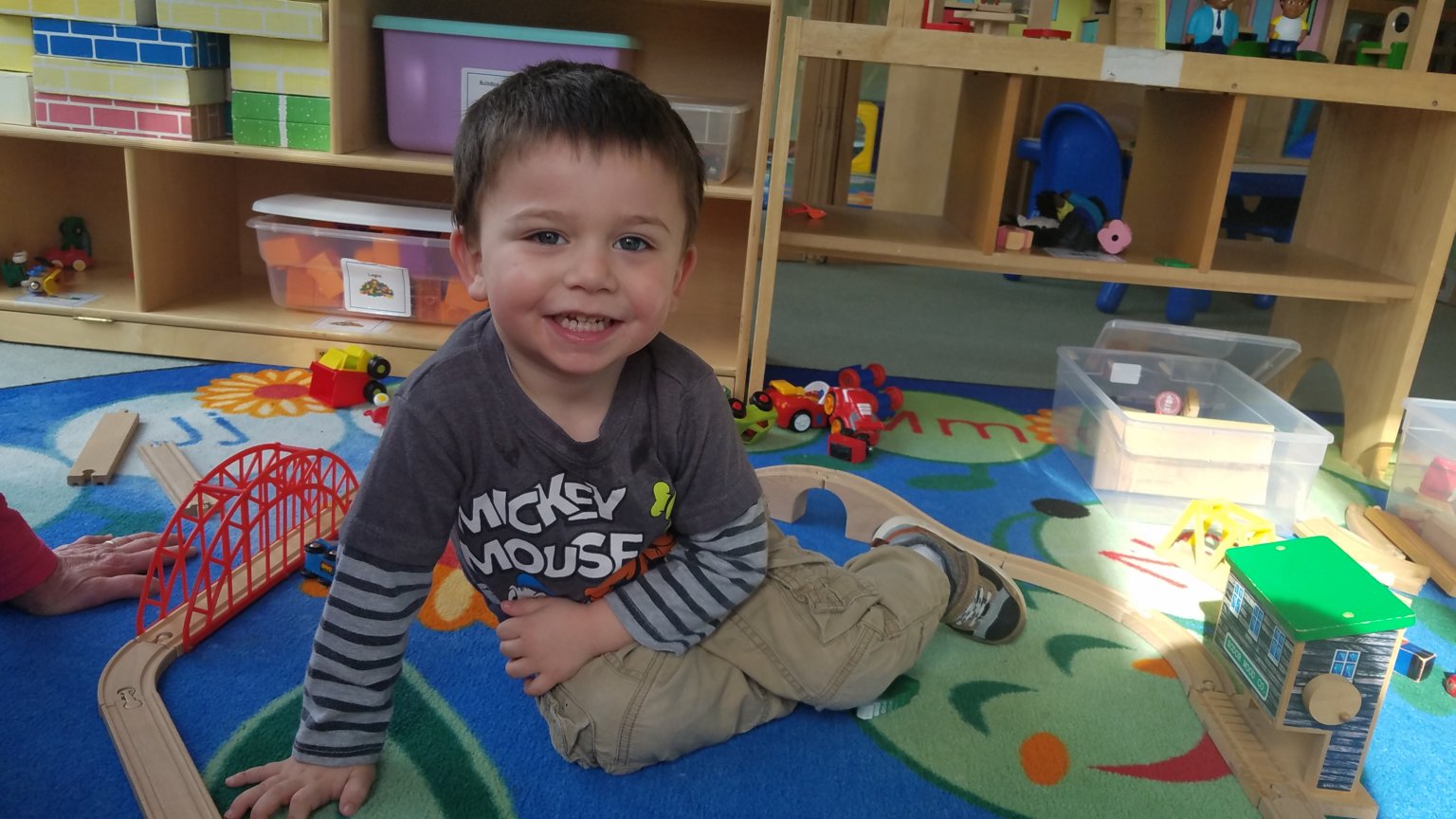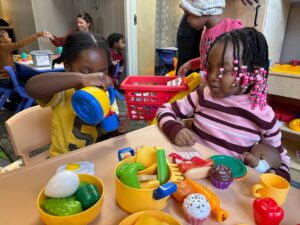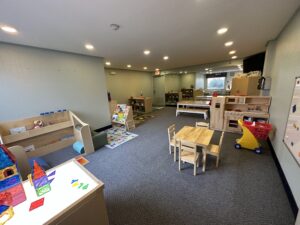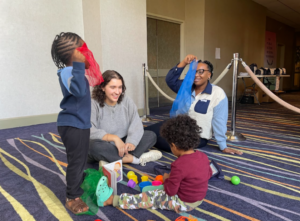Power of Optimism
For many, the world has been emotionally heavy and overwhelming these last few months. As our team prepared for the re-opening of our Early Education Centers, it was the right time to inject some positivity into our work and practices. Thanks to the Life is Good Foundation; I was fortunate to partake in a recent training session with Horizons staff and volunteers alike that encouraged and refreshed them as they prepared to work with children in the changed world around all of us. Over 100 individuals completed the training through Horizons, a mix of Horizons’ staff members, and Playspace Activity Leaders (PALs). The training was brought to Horizons by the Playspace team after members completed the course, and believed it would be beneficial to the larger Horizons team.
The Playmaker training was created specifically for childcare professionals working with children in need. The mission of the training is to harness the power of optimism to create healing, life-changing relationships for kids in need.
Horizons for Homeless Children has seen first-hand the power of positivity in our work, and staff members were excited to engage in the training, welcoming it as an opportunity for professional development. The training uses evidence from current research to spread the message that children recovering from trauma need an optimistic approach, a welcoming environment or “an oasis of play,” and adults who show genuine interest in the child’s life. In addition, caregivers need to practice self-care and be mindful of their own needs so that they are at their best for the children. The training resonated with our teachers: they know the importance of connections, and they enjoyed the reminders about caring, playful environments and their own personal wellness.
Despite working remotely, we made time to reflect as a team by implementing “coffee and conversation” sessions, open to all, to discuss returning to school – Playmaker style.
I facilitated the lively conversation, but it was our teachers who had creative ideas about our return to our classrooms. For example, one team had brainstormed alternative greetings (knowing that hugs shouldn’t be how they expressed affection.) They talked about fist bumps, elbow bumps, a special dance, or maybe a different greeting for each child. One teacher talked about giving “an embrace with a smile.” That bit of optimism led to another: we realized together that stepping back a few feet and lowering a mask to reveal a smile might be a safe and caring choice, too. Another idea for our optimistic return was creating social stories for the children – illustrated books for each classroom to explain the quarantine in an age-appropriate and child-friendly way. Many teachers have seen the children in video chats during quarantine, using music, movement, and conversation as reminders of a teacher’s care. Some teachers wear masks on their Zoom calls and show the children that they are still the same person, just looking a little different.
We have returned to the classroom with optimism, preparing the sites to be the “oasis of play” our children truly need. We are grateful to have had the Playmaker training – it has re-energized us, reset our creativity, and given us the virtual fist bump we all needed.
This piece was written by Emily Alston-Follansbee, the Professional Development Coach at Horizons for Homeless Children.
